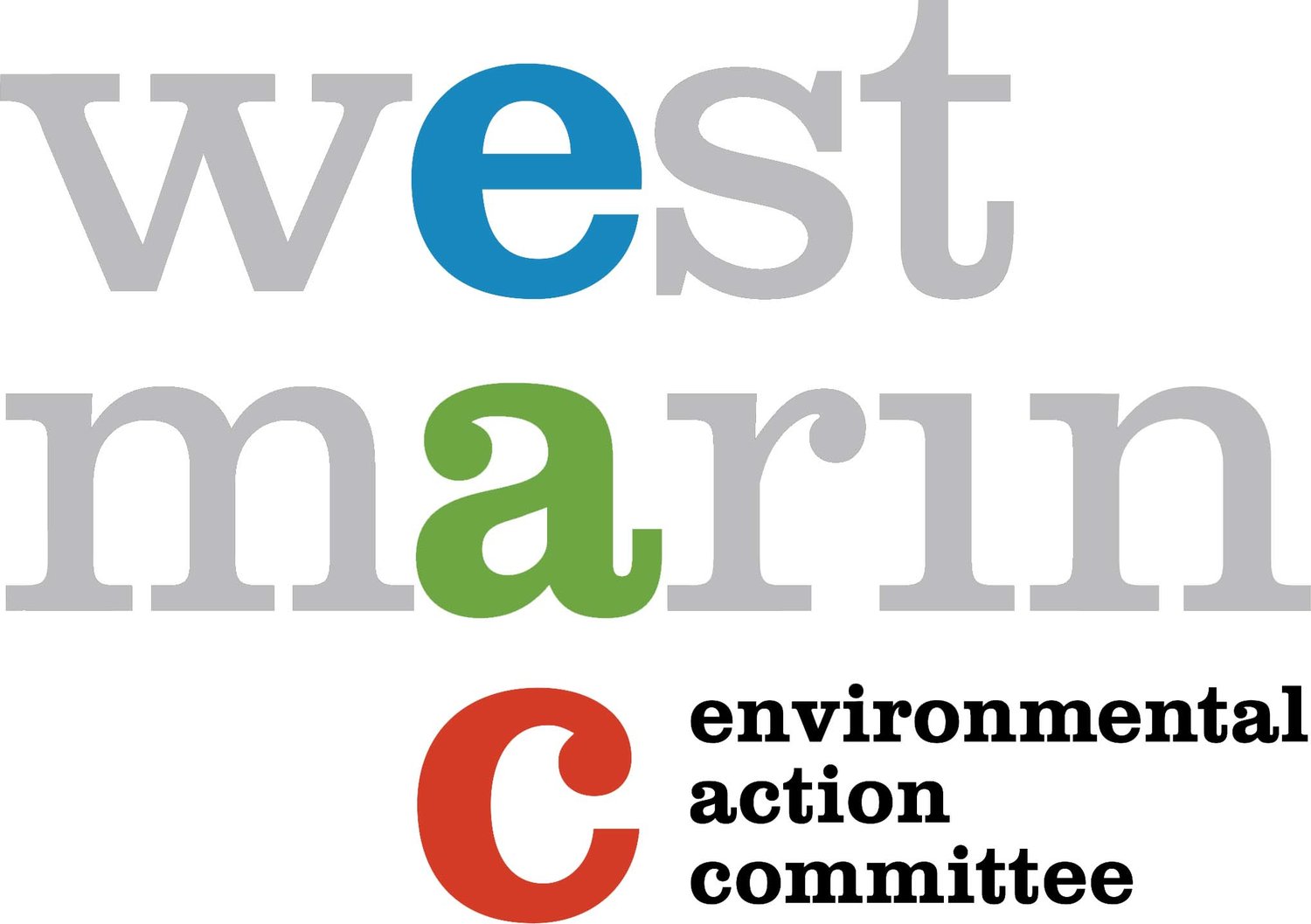Congressman Jared Huffman introduced legislation H.R. 6687 on August 29, 2018 to amend the Point Reyes National Seashore Enabling Legislation sections focused on ranches and dairies. On September 5, 2018, the legislative bill was reviewed by the Natural Resources Committee and passed by unanimous consent. The bill can now be considered by the full House.
LEGISLATION INCLUDES
- an interpretation of Congress’ intentions to continue to authorize ranching and dairies in the pastoral areas of the Seashore;
- direction to the Park Service to manage for separation of the elk and agricultural operations;
- specific elk management solutions that may include relocation of elk to Tribal lands and Tribal hunting of the elk in the park, as well as other partnerships deemed suitable;
- specific inclusion of the northern district of the Golden Gate Recreation Area in the Seashore’s ranch and dairy management; and
- direction to the Park Service to issue 20-year leases to current permit and lease holders.
POTENTIAL IMPLICATIONS
The GMPA is a complex public planning process that must balance a variety of concerns that arise from land-use and resource protection conflicts. The public process, as required by the National Environmental Policy Act (NEPA), must allow for a thoughtful and meaningful discussion and planning review that ultimately will increase public confidence in the management of the Seashore. Transparency and public participation are foundational elements of the NEPA process that should be encouraged and ultimately allowed to take place.
Unfortunately, the introduction of H.R. 6687, in the middle of the GMPA public planning process, undermines NEPA at the Seashore and discourages public comments on the outcomes and environmental alternatives concerning management of the tule elk and the issuance of long-term dairy and ranching leases. In addition, the legislation undermines the 2017 court approved Settlement Agreement.
Throughout the GMPA process some groups have been working to subvert the public process and Settlement Agreement by promoting a legislative solution for continued ranching and dairying within the Seashore. EAC is adamantly opposed to subversion of the public process by use of legislation. EAC has been working collaboratively with environmental groups and some Seashore ranchers to foster support for a fair and transparent public process and to find common ground on a variety of complex issues in the GMPA.
H.R. 6687 was developed and introduced without any knowledge by EAC or environmental groups we have collaborated with. At this stage of the process, EAC is working to make changes to the bill so that it does not undermine the NEPA process. Specifically, in Section 10 where the bill directs decisions regardless of the outcomes of the GMPA process.
NEXT STEPS
The legislation has been introduced, passed out of committee, and ultimately awaits a vote by the full House and is expected to be passed. EAC understands Congressman Huffman’s bill directs the GMPA process to continue, as though it were unimpaired by this legislation; however, we cannot ignore the fact that the bill heavily influences the outcomes and will prevent analysis of environmental impacts and alternative measures to mitigate them that are required by NEPA.
WHAT YOU CAN DO
EAC would like to see H.R. 6687 amended so that it does not conflict with NEPA, the mechanism that allows for maximum public participation and confidence in the Seashore’s decision-making process. Contact your representative (Representative, Senator) and let them know your thoughts and how you feel about this proposed legislation.



